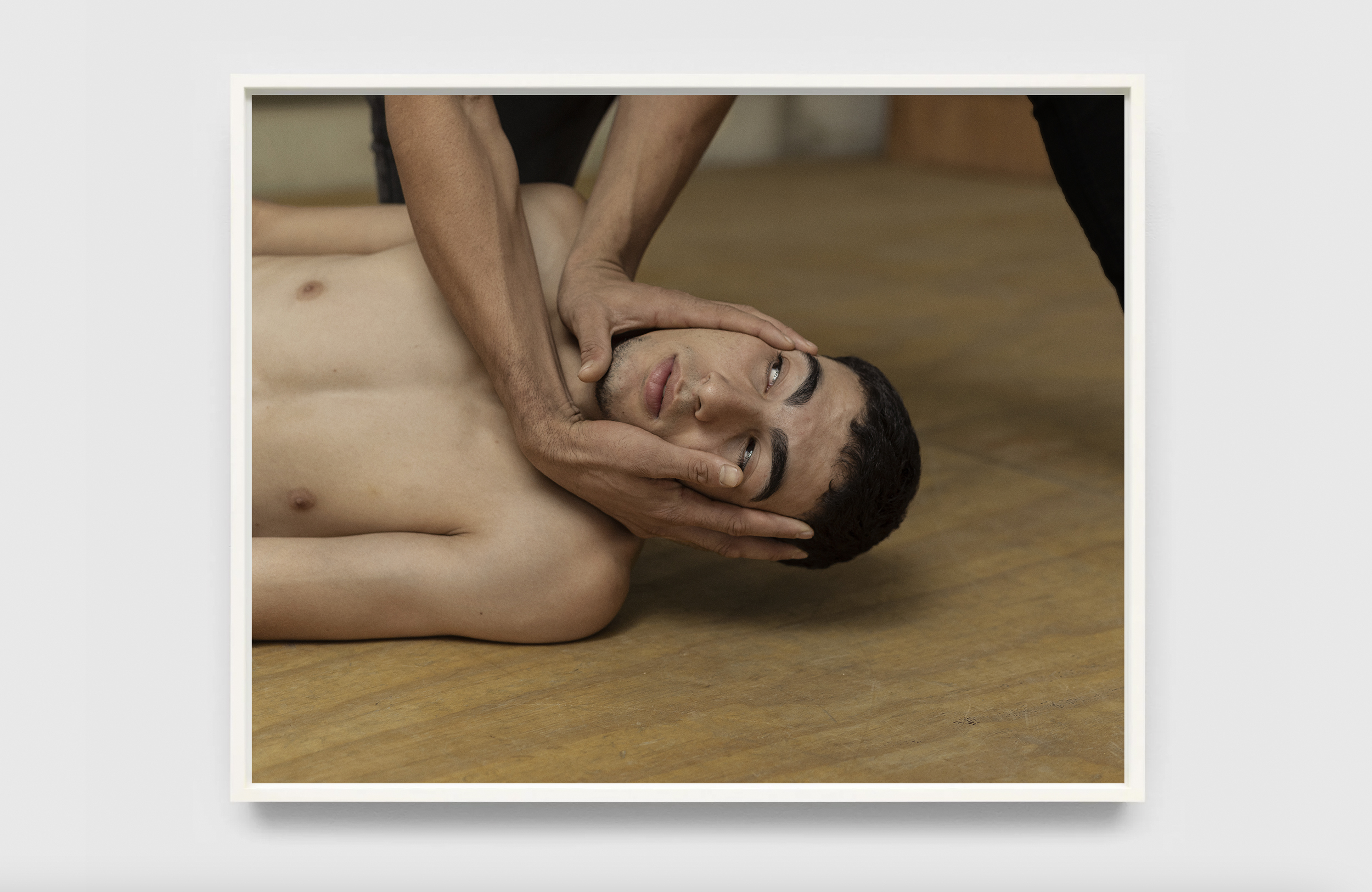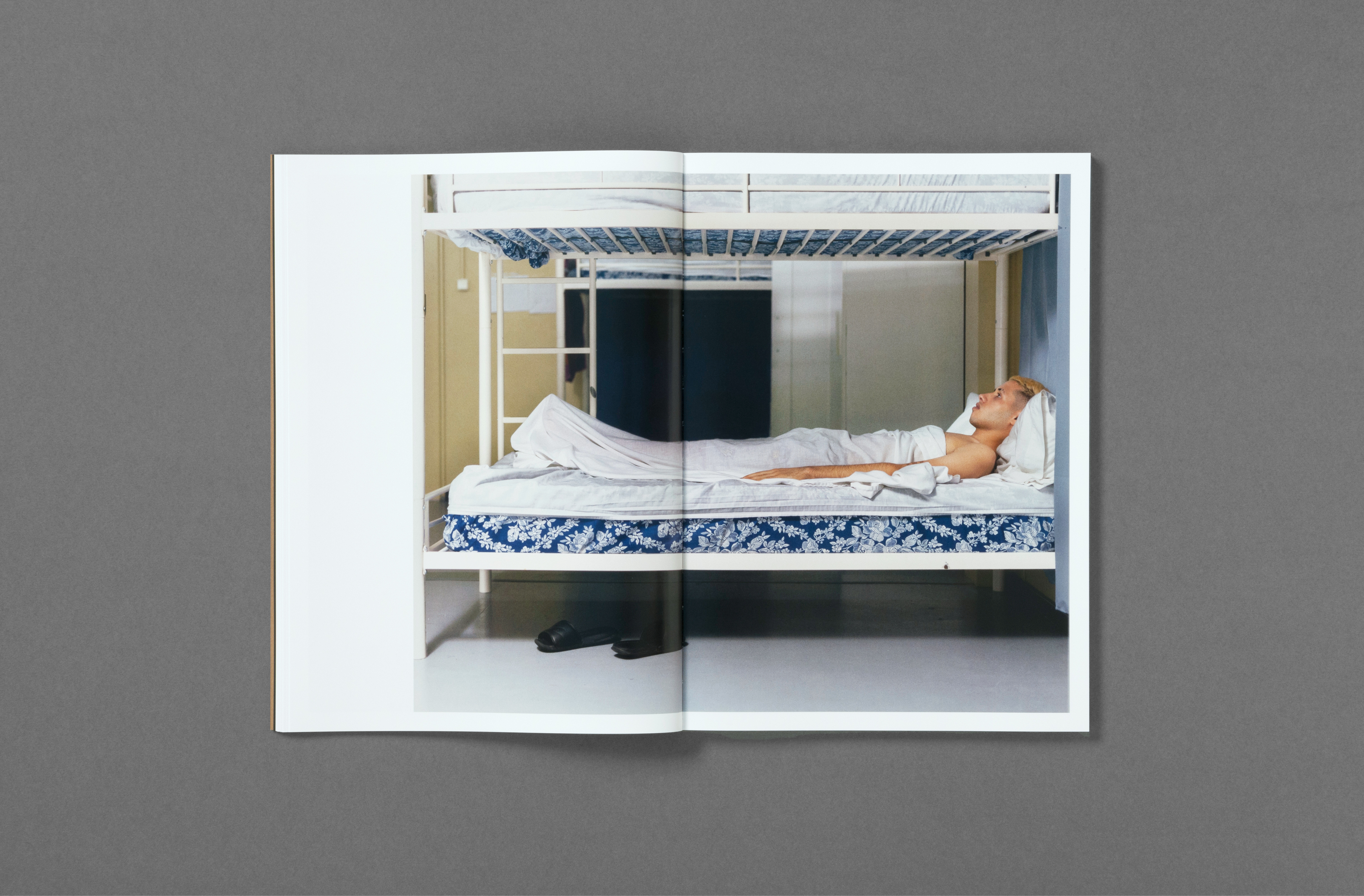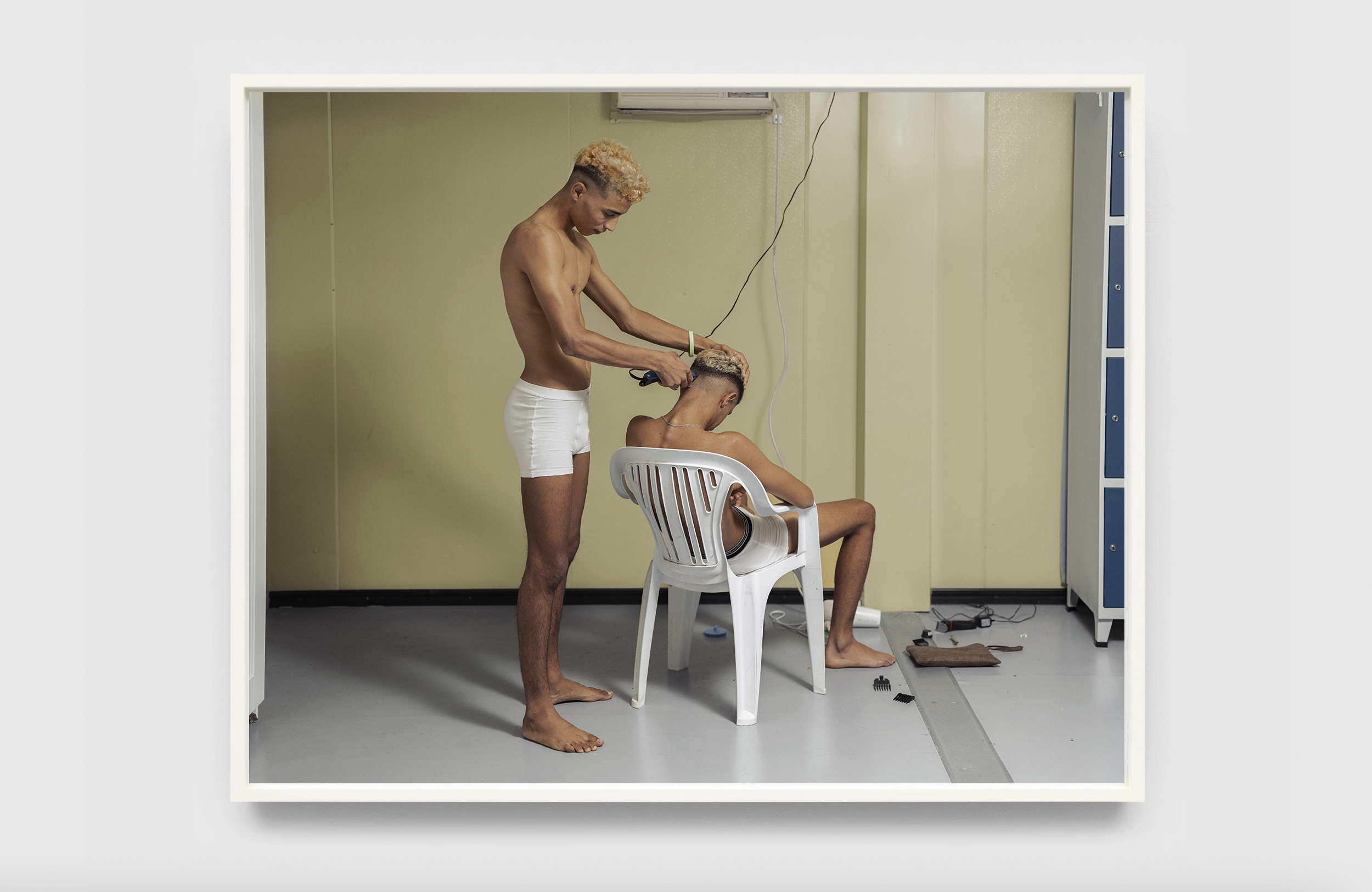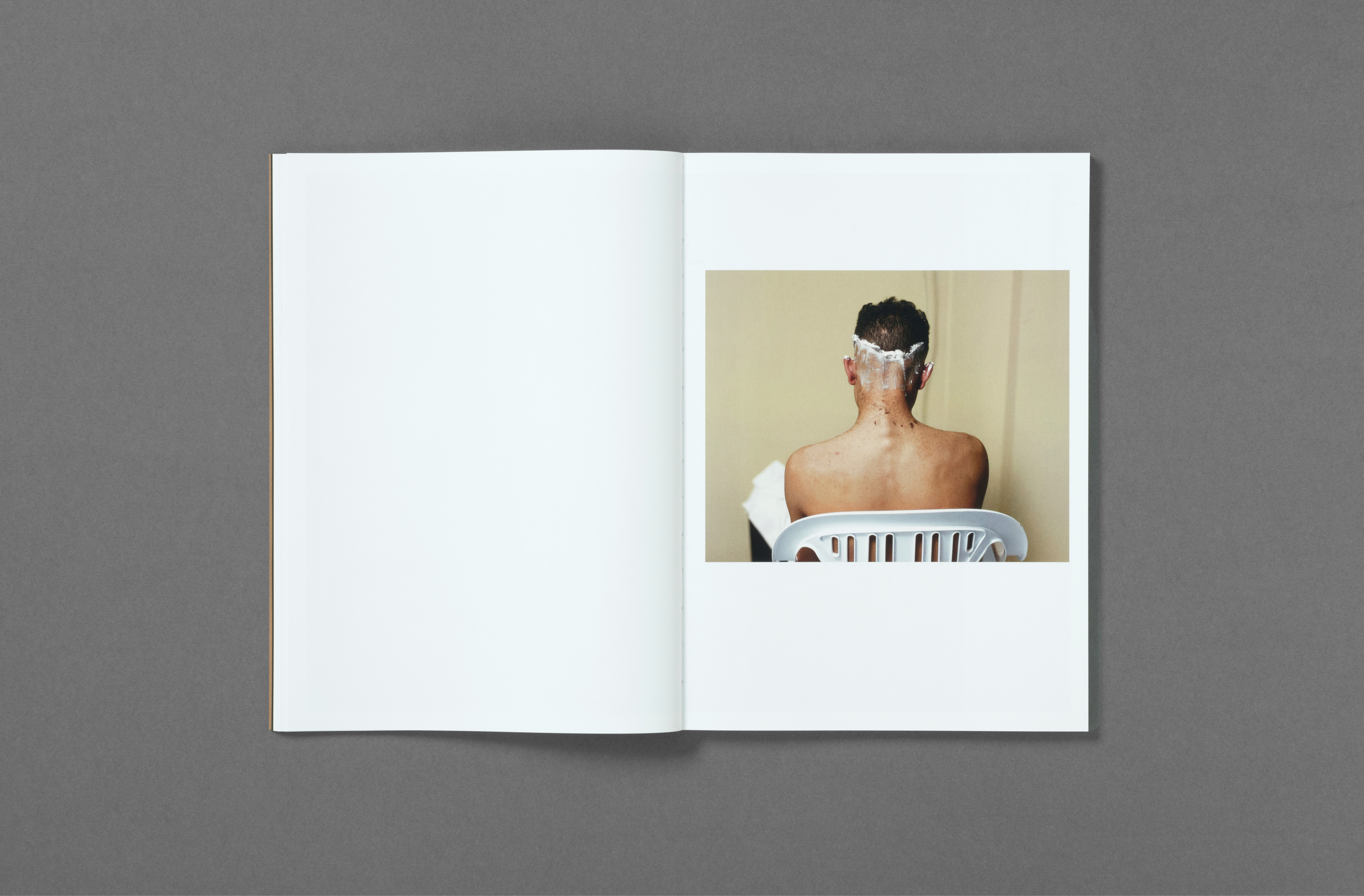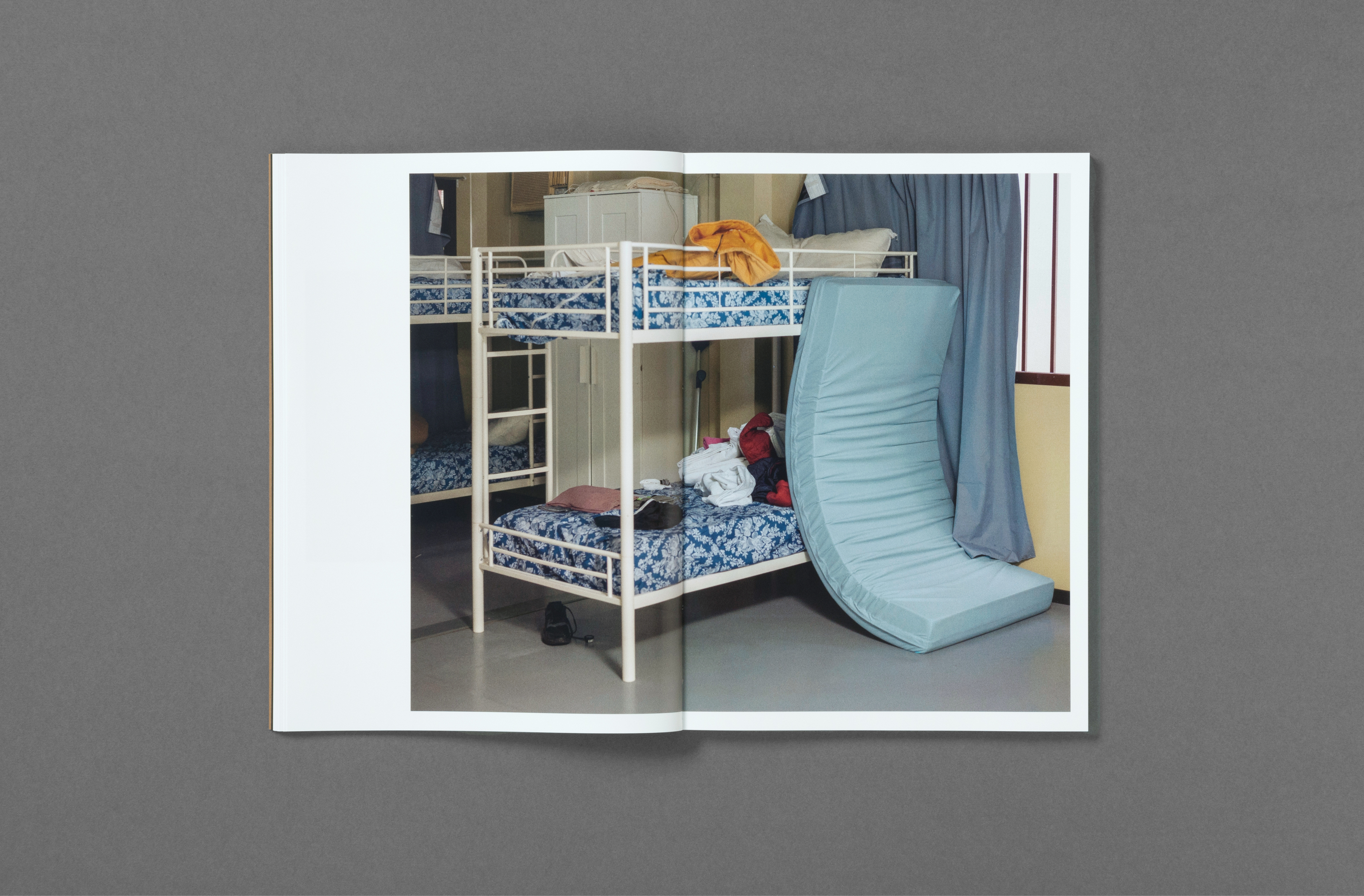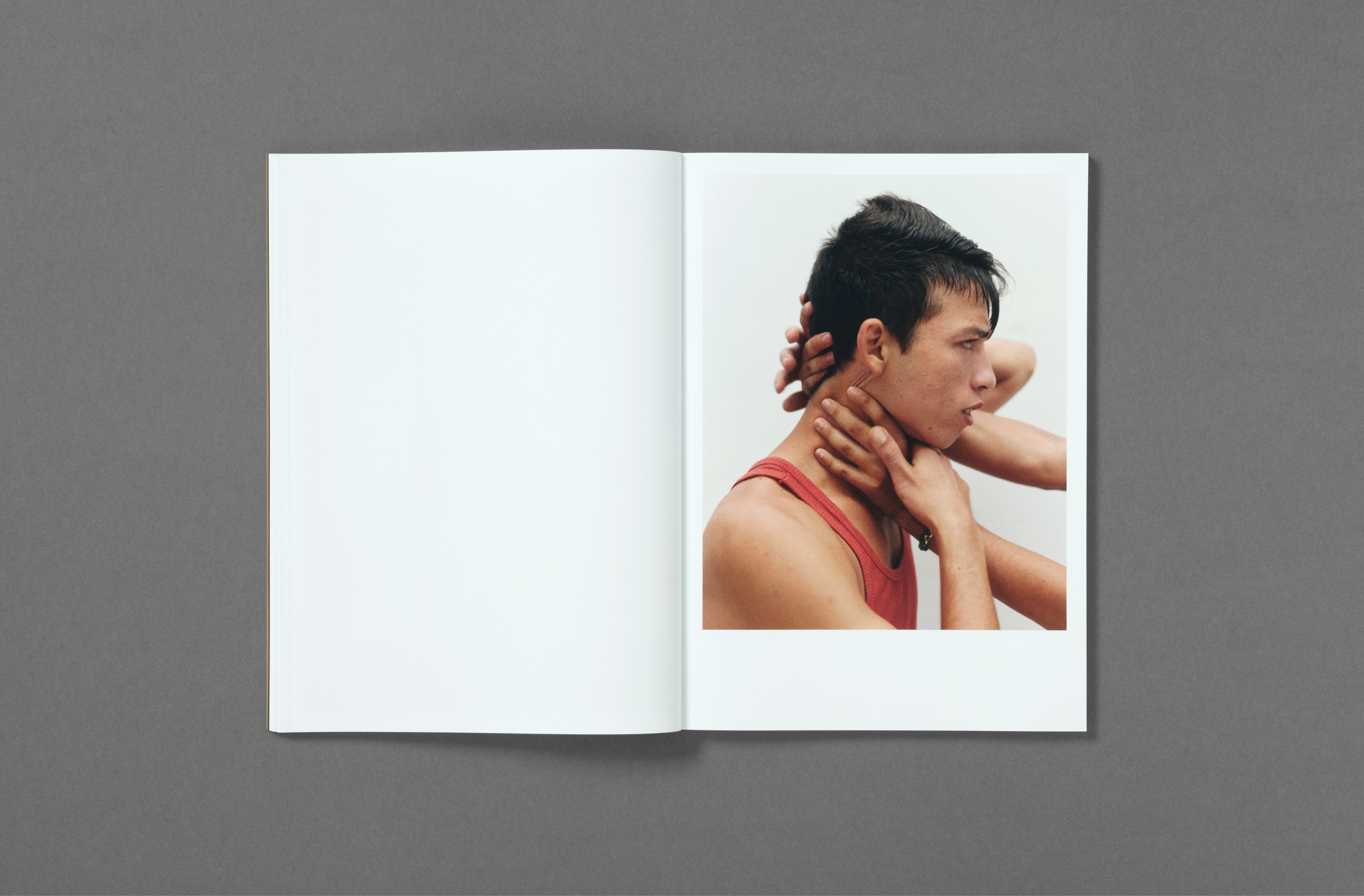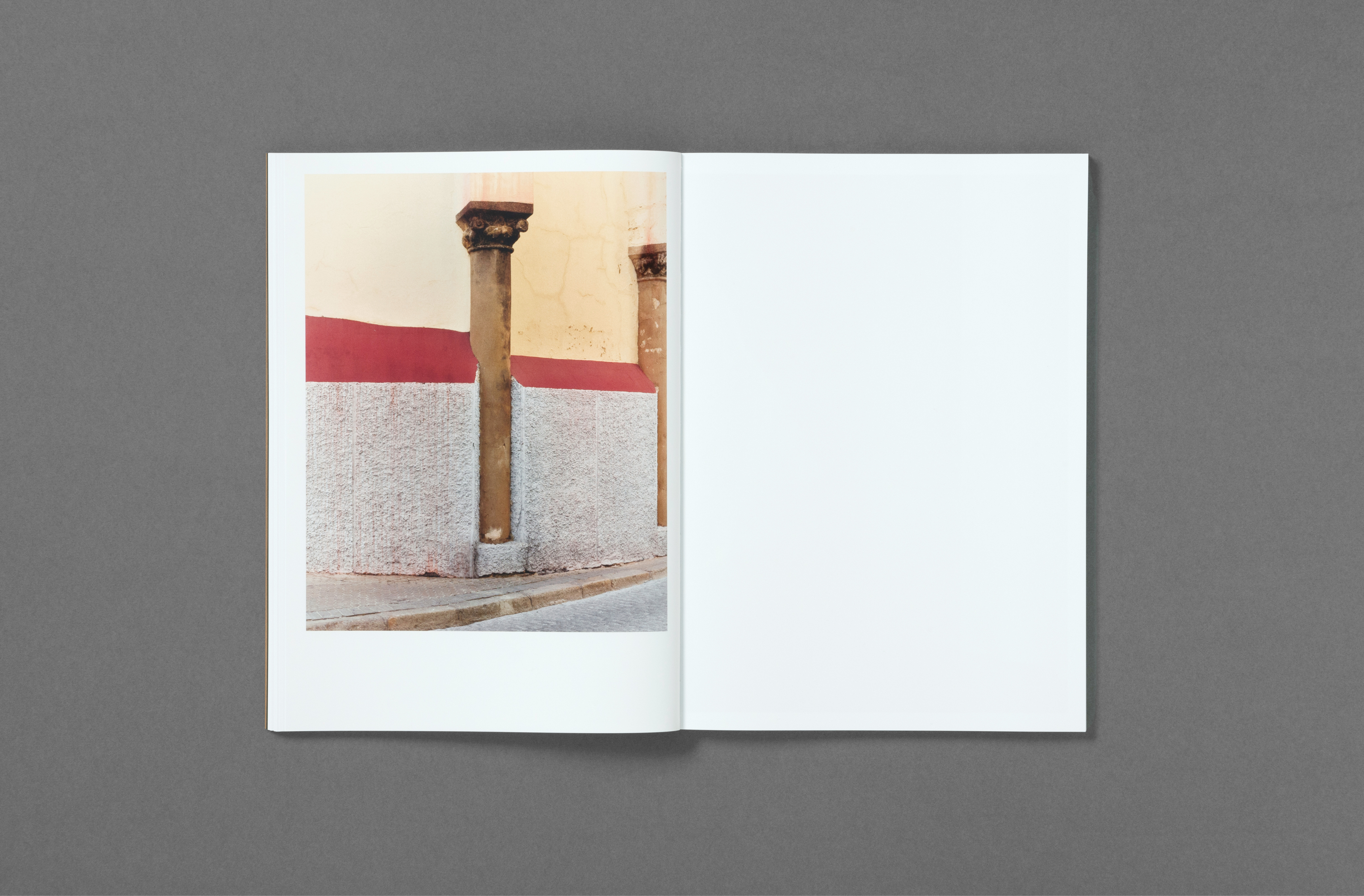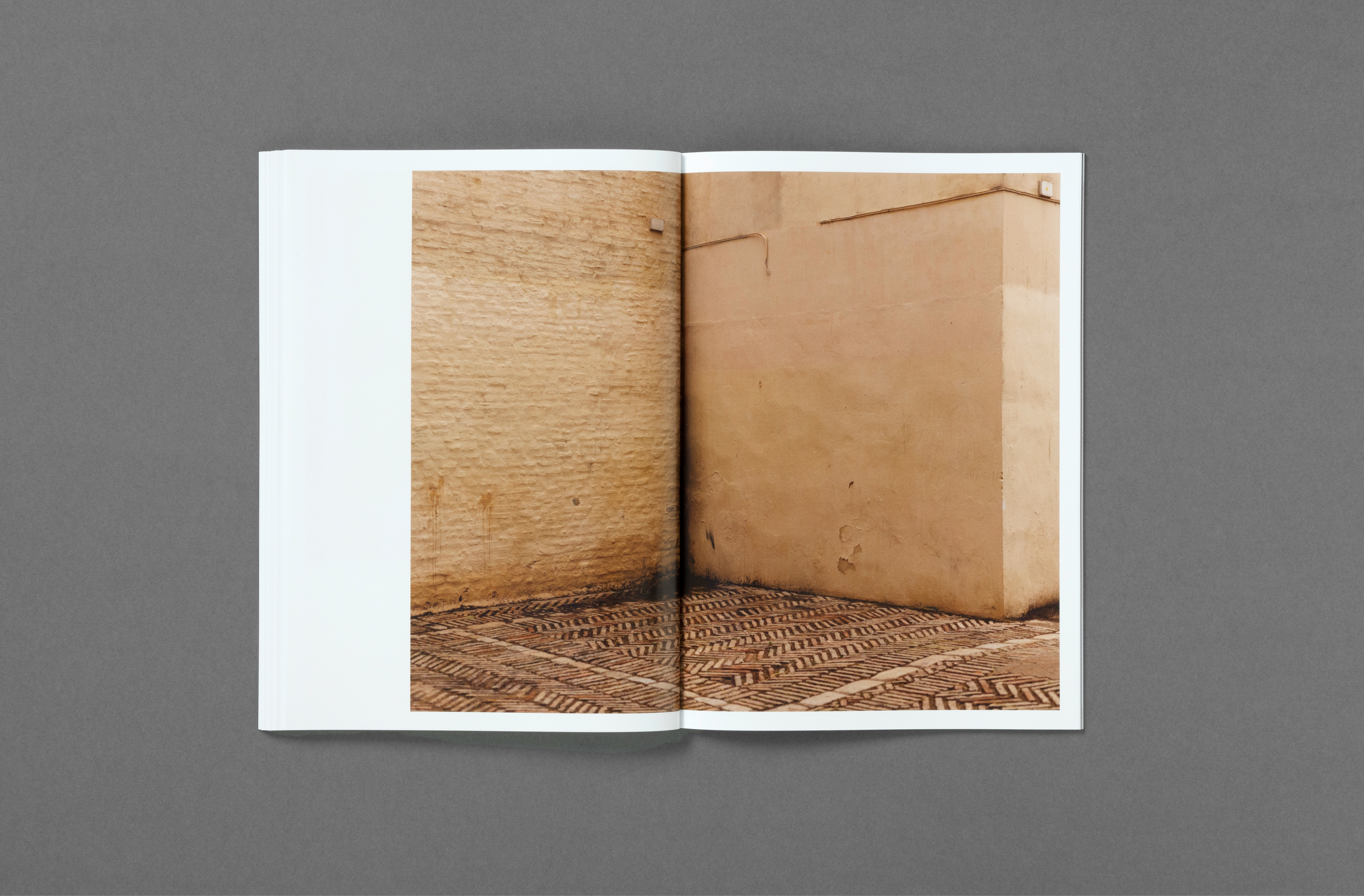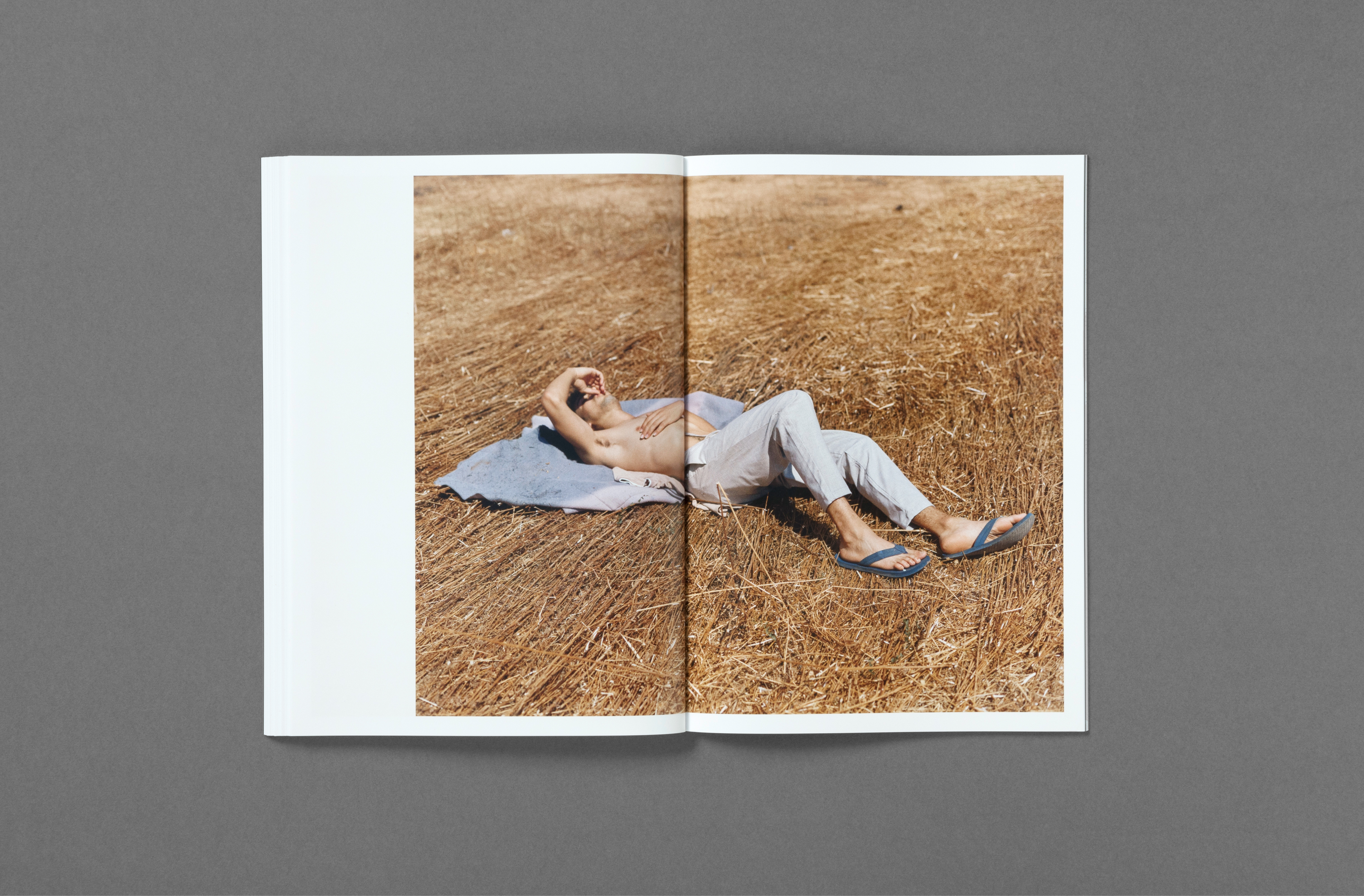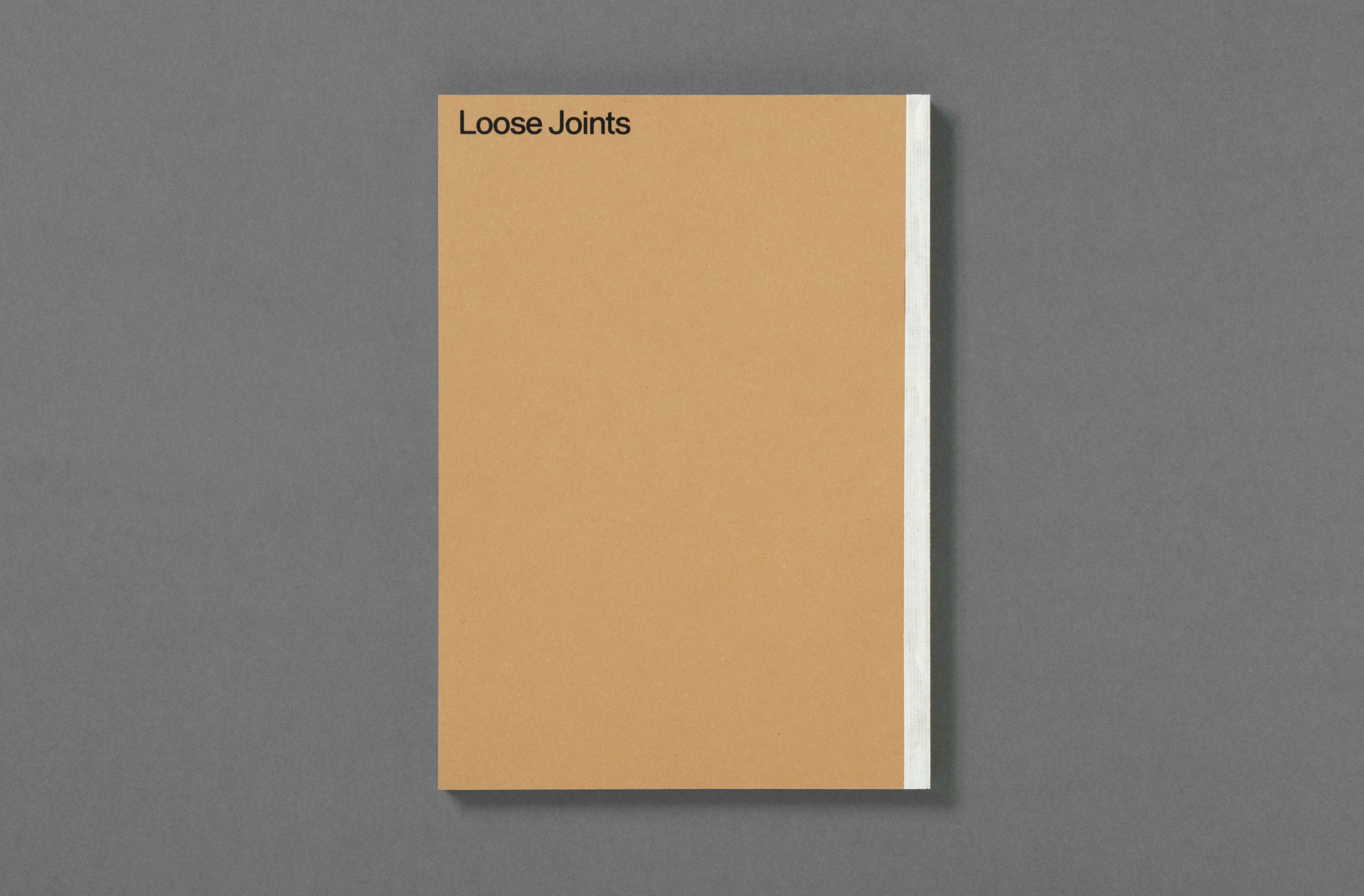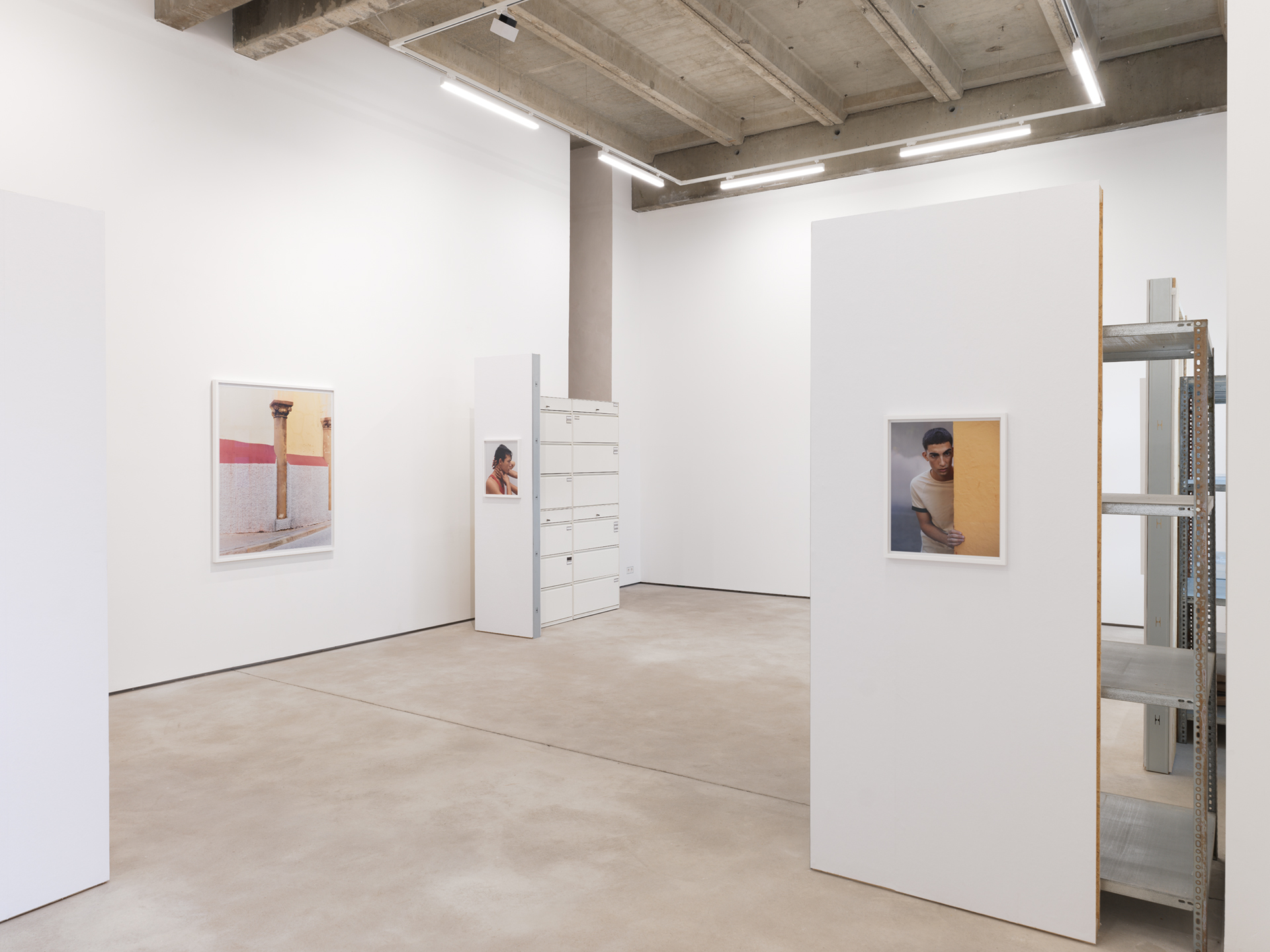




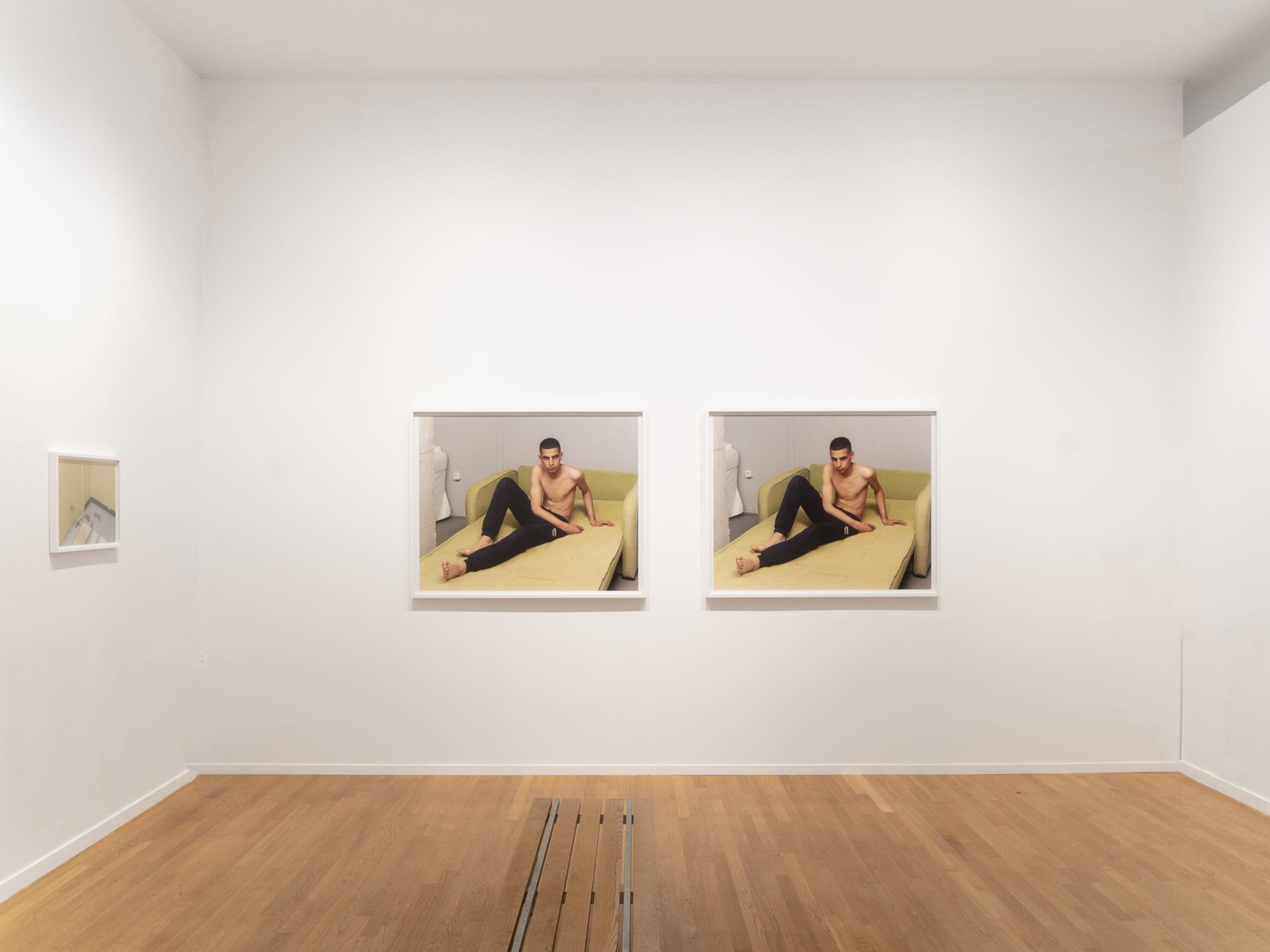

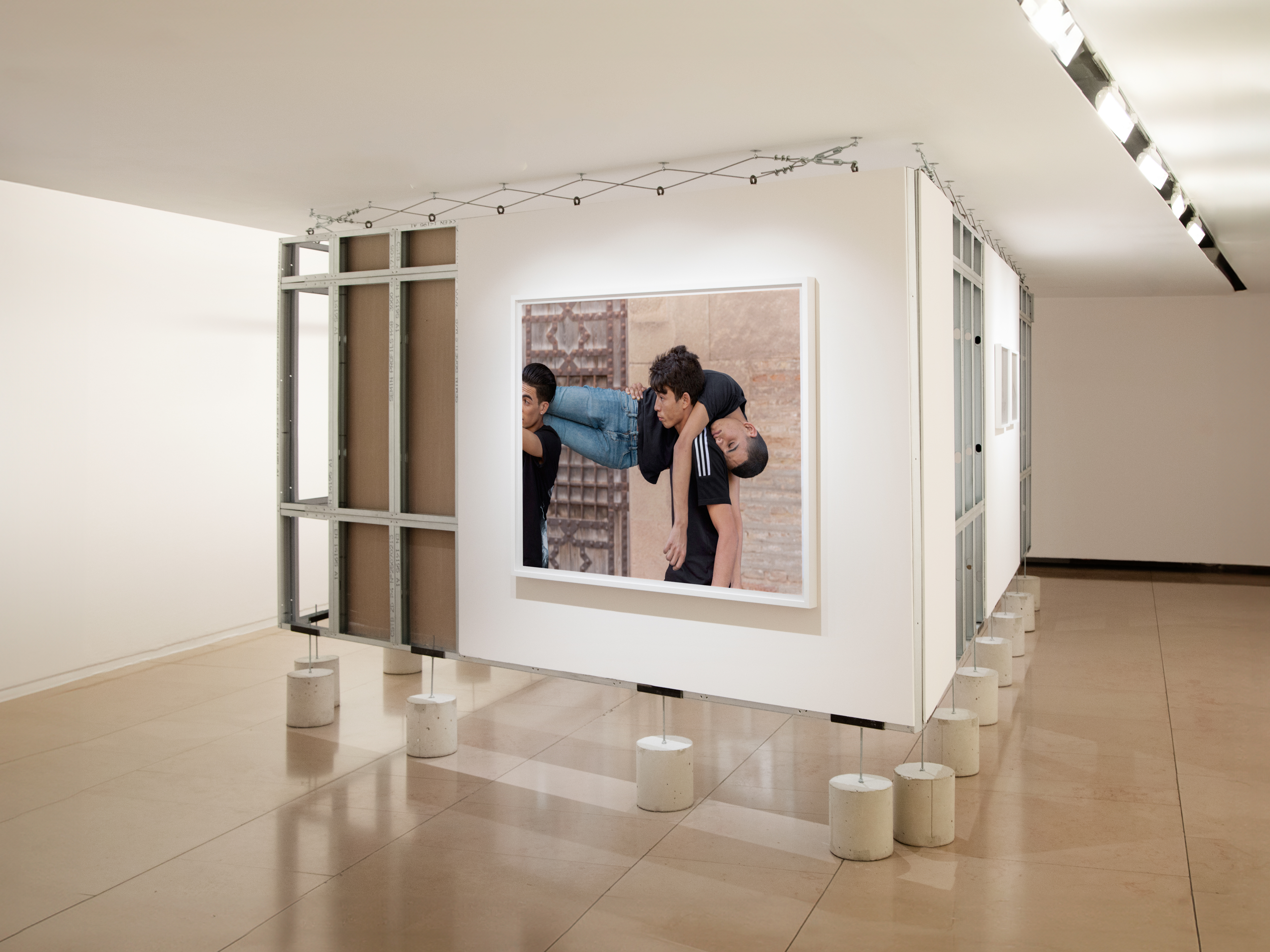
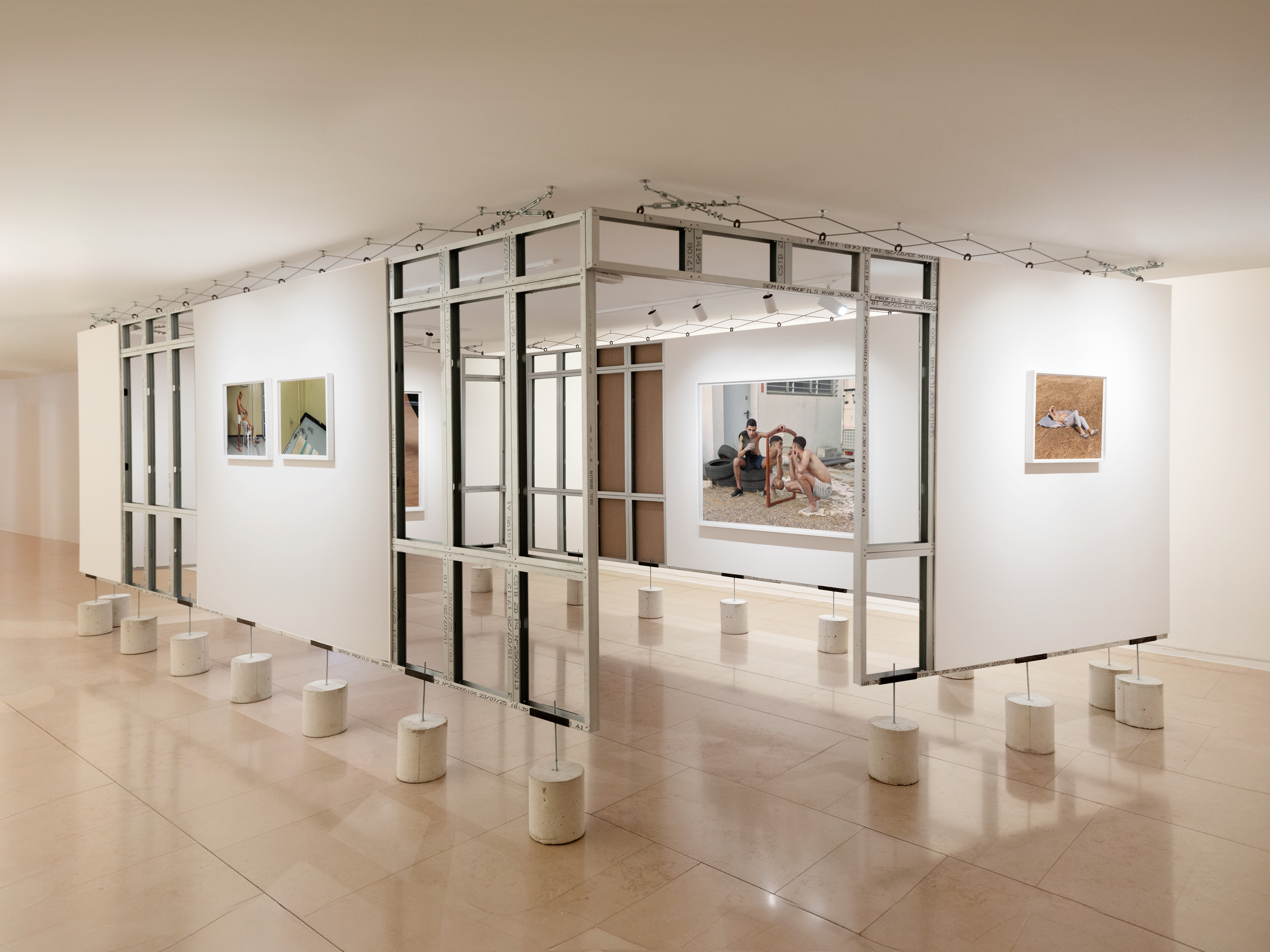


-----------
DIALECT
Dialecto
European states have categorized the bureaucracies for crossing their borders. Anyone who avoids or transgresses those controls is subject to an irregular legal condition. During the last decades, each EU state has enforced its own immigration laws to regulate and control the movements of immigrants who enter their territory. If a person enters irregularly into Spanish territory, and he or she has not reached the age of majority (according to a sworn declaration and medical controls), the custody and control of the immigrant remains in the hands of the state. Such custody and control are exerted through a dedicated Center, an internment building that houses immigrants in the same condition. Once the immigrant is legally declared an adult, he or she must wait one to three years to normalize his or her legal status in the country.
Dialect begins within a group of young immigrants who have recently crossed the strait (the maritime border between Morocco and Spain) avoiding border controls. In Seville, they settled while their legal situation is solved or diluted.



